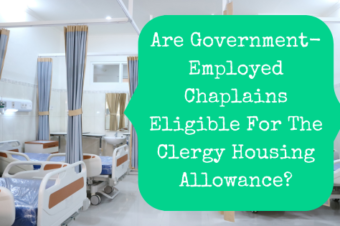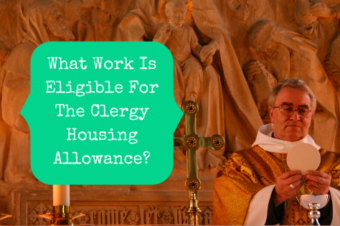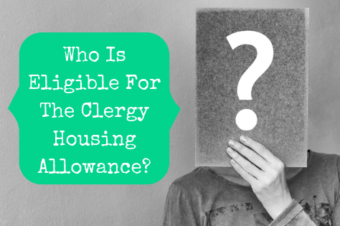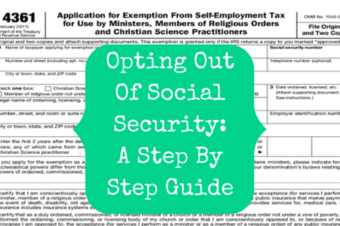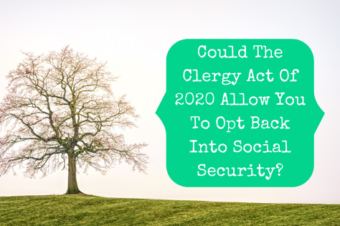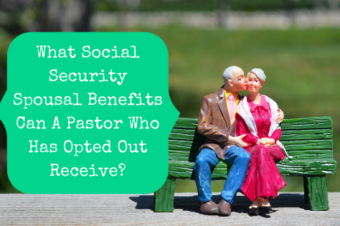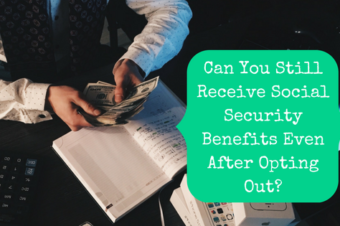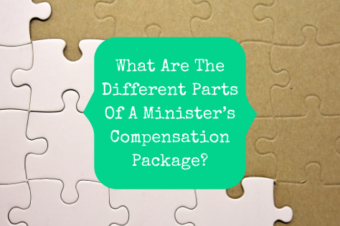It’s that time of year again when college students all over the country are filling out the Free Application for Federal Student Aid, more commonly known as the FAFSA. While technically you have from October 1, 2019, until June 30, 2021, to fill out the FAFSA for the 2020-2021 school year, many are getting it done right now. Now is a good time to do it if you want to see the different award packages available to you and start making plans for the fall.
What Is The FAFSA?
If you’re new to this, let me give you a little bit of background. The FAFSA is the form that college students use to apply for government student aid, such as grants, loans, or work study programs. In addition to federal aid, many states and colleges use the FAFSA to award student aid as well. The general rule is that if you want any help at all with school, fill out the FAFSA.
Since a lot of student aid is needs-based, the FAFSA collects financial information. The student will have to provide information from their own personal tax returns. If under age 24, then the parents’ financial information must be included as well. That information is used to calculate an Expected Family Contribution (EFC). The EFC in turn affects how much aid a student can get.
Does The Minister’s Housing Allowance Count As Income For The FAFSA?
One big question that pastors and their college-age kids often have is how the housing allowance fits into everything. The income that you report on the FAFSA is your adjusted gross income (AGI) from your tax return. Your AGI does not include the housing allowance. Does that mean the FAFSA ignores the housing allowance?
Sorry, but no. While the housing allowance does not appear as a part of AGI, it is added back in further down the form. Both the cash housing and parsonage allowances must be reported under the Untaxed Income section. So, yes, the housing allowance counts as income for the FAFSA.
How FAFSA Calculators Can Be Misleading
There are a number of FAFSA calculators online that can be very helpful in estimating your EFC. However, if you are using a FAFSA calculator it may seem that the housing allowance affects you negatively. Pastors sometimes find that if they plug in their housing allowance as part of their AGI instead of as untaxed income it lowers the EFC.
Why is that? Because taxes paid are subtracted from income when calculating the EFC. If you were to pay taxes on your housing allowance, it would lower your available income and therefore lower your EFC.
Does The Housing Allowance Count Against You On The FAFSA?
Because of the way the calculator works, having a tax-free housing allowance can appear unfavorable. Keep in mind, though, that that doesn’t take into account the tax savings that you initially receive from not paying income taxes on the housing allowance. Even if you have a higher EFC and receive less aid for college, the federal income tax savings will likely make up for it. You wouldn’t want to pay $1,000 in taxes just to be eligible for half that amount in student loans, would you?
In summary, the clergy housing allowance is, in fact, included in the FAFSA. It is added under the Untaxed Income section and not with AGI. Also, it may appear to have a negative effect on the FAFSA. That’s only because it doesn’t take into account the original tax savings, though. Have fun filling out your forms!



